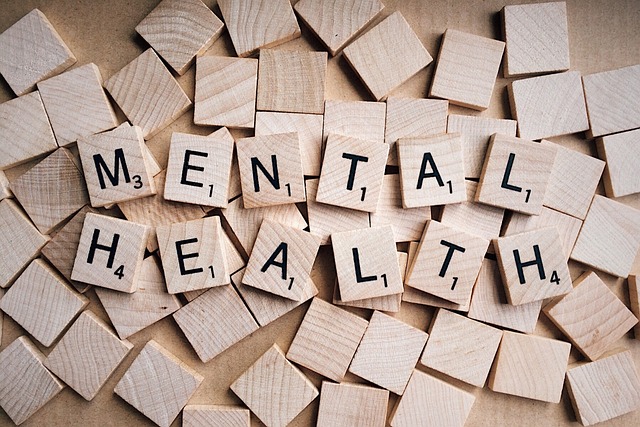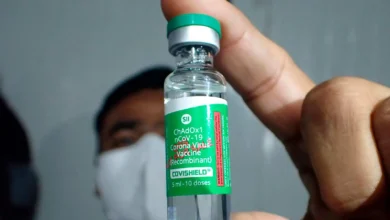82% young Indians believe parents will support them seeking therapy for mental health
According to the poll, which was commissioned by FMCG giant ITC, parents are also the people that people with mental health issues turn to for support. In fact, 59 percent of respondents indicated that they initially told their parents about their difficulties.

According to a NielsenIQ poll, almost 82 percent of young Indians think their parents would be understanding if they ended up needing counseling to deal with mental health concerns.
According to the poll, which was commissioned by FMCG giant ITC, parents are also the people that people with mental stability issues turn to for support. In fact, 59 percent of respondents indicated that they initially told their parents about their difficulties.
The survey discovered that a greater number of Indians were choosing to seek professional assistance to managemental stability issues, which represents a good trend.
According to a poll, which was reported in the Business Standard, up to 50% of respondents said they prefer “face-to-face counseling,” while 51% of those who thought social media had a beneficial influence on their life said they would choose online counseling.
Prior to October 10’s World Mental Health Day, which is commemorated worldwide, the survey was made public on October 9.
The research identified a pattern that suggests millennials, or those born between 1980 and 1994, are more susceptible to mood fluctuations than GenZ, or people born between 1997 and 2012.
According to the survey, 53% of respondents who identified as millennials and 44% of respondents who belonged to Gen Z stated they were prone to mood swings, respectively. However, compared to millenials, Gen Z respondents experienced 18% greater worry in their work life.
According to Sameer Satpathy, divisional chief executive (Personal Care Products), ITC, “it is heartening to note some of the positive shifts that have taken place in understanding mental stability with the gradual increase in awareness campaigns and discussions.”
The poll revealed, among other important findings, that 86 percent of respondents used music to manage their stress, compared to 31 percent who chose meditation, 29 percent who chose yoga, and 26 percent who preferred physical activity. Additionally, it was revealed that, in addition to counseling, 47% of the respondents who reported having mental health issues used medications.
World Mental Health Day, observed on October 10th every year, serves as a global platform to raise awareness about mental stability issues and advocate for better mental well-being for all. It provides an opportunity to break the stigma surrounding mental stability and promotes open discussions, understanding, and support for individuals facing mental health challenges.

On this significant day, people around the world come together to emphasize the importance of mental health in our daily lives. Communities, organizations, and individuals engage in various activities and events to spread awareness about mental health disorders, their prevention, and treatment options. Schools, workplaces, and healthcare institutions often organize workshops, seminars, and campaigns to educate people about mental health, reduce discrimination, and encourage individuals to seek help when needed.
The theme for World Mental Health Day changes annually, focusing on specific aspects of mental health. These themes guide discussions and initiatives, encouraging society to address pressing issues. By acknowledging World Mental Health Day, we acknowledge the struggles of millions dealing with mental stability issues and demonstrate our collective commitment to creating a world where mental stability is prioritized and everyone has access to the support and resources they need. Together, we can work towards a more compassionate and understanding society, where mental health is valued, and individuals are supported on their journey to recovery and well-being.
You might also be interested in – Mental Health of youngsters deteriorating rapidly, worsened further post pandemic


